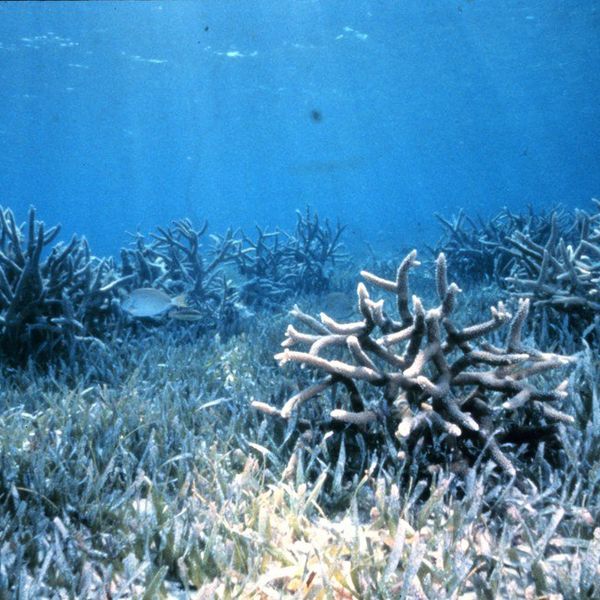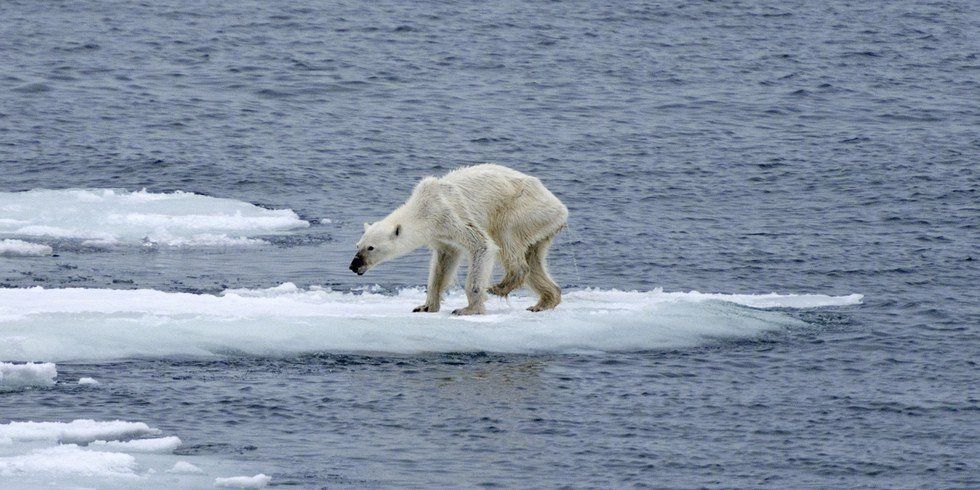At Belmont University, one of the GenEd requirements is a speech class. For most of us, public speaking isn’t exactly fun which means the class itself is basically a nightmare. There was one speech I liked, however (maybe not ‘liked’ per say, but rather ‘hated a little less). It was the longest speech of the class, but I loved my chosen topic: animal conservation.
For my ‘attention grabber’ I showed footage of various species of wildlife while asking my classmates to verbalize a few adjectives that came to mind about them. There answers were predictable:
Beautiful.
Diverse.
Majestic.
All true. All very true. But the adjective that comes to my mind? Disappearing.
The statistics about our planet’s wildlife and their ecosystems are staggering. A recent study found that animal populations dropped by “58 percent between 1970 and 2012, largely as a result of human activities, from poaching to habitat loss and pollution.” The study, prepared by the World Wildlife Fund and the Zoological Society of London, also warns that two-thirds of vertebrate populations could be wiped out by 2020.
Not a pretty picture, especially after you throw in facts like how the world’s rainforests could completely vanish inside of 100 years, according to National Geographic.
The troubling part of all this is the why. Animals aren’t simply losing the evolutionary battle that Darwin laid out; survival of the fittest does not apply here. The extinction rate increasing by over 100 times in the last century is because of us. Humans.
Why are those rainforests vanishing? Because an area the size of Panama is lost every year due to deforestation. The animals that lived there, like so many in ecosystems around the world, are then forced into the ultimate paradigm: adapt or die. Many have adapted quite well. Like Darwin predicted, they were able to evolve to new environments. But as more time passes, we continually take and take and take from them. Now, there’s nowhere else for them to go. For many species, we’ve already taken every home on the planet from them. They have only one option left: die.
Marco Lambertini, director general of WWF International said, “We are entering in a new era in Earth’s history: the Anthropocene. An era in which humans rather than natural forces are the primary drivers of planetary change.”
Of course, some critics claim this study from WWF is brash and doesn’t account for measures already in place to protect wildlife and the environment. Conservation scientist Stuart Pimm of Duke University claims that the study includes too many variables and says there is too much uncertainly to predict such a dire crash of species.
But isn’t it better to be safe rather than sorry? Once these animals go extinct, there is no going back. Wouldn’t it be better to assume the worst and prevent it from ever even having the possibility of becoming reality?
I’ve been contemplating writing this article for a while, and there couldn’t be a better time with the release of “Before The Flood.” (If you haven’t yet seen it, I highly recommend it.) And while the documentary focuses heavily on the environment rather than the species that occupy it, don’t forget without the environment, there is no place for those animals to live. For the first time in a long time, it seems like the general public is finally taking an interest in the environment, even if only momentarily. These conversations need to happen. And soon.





















